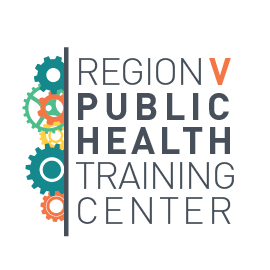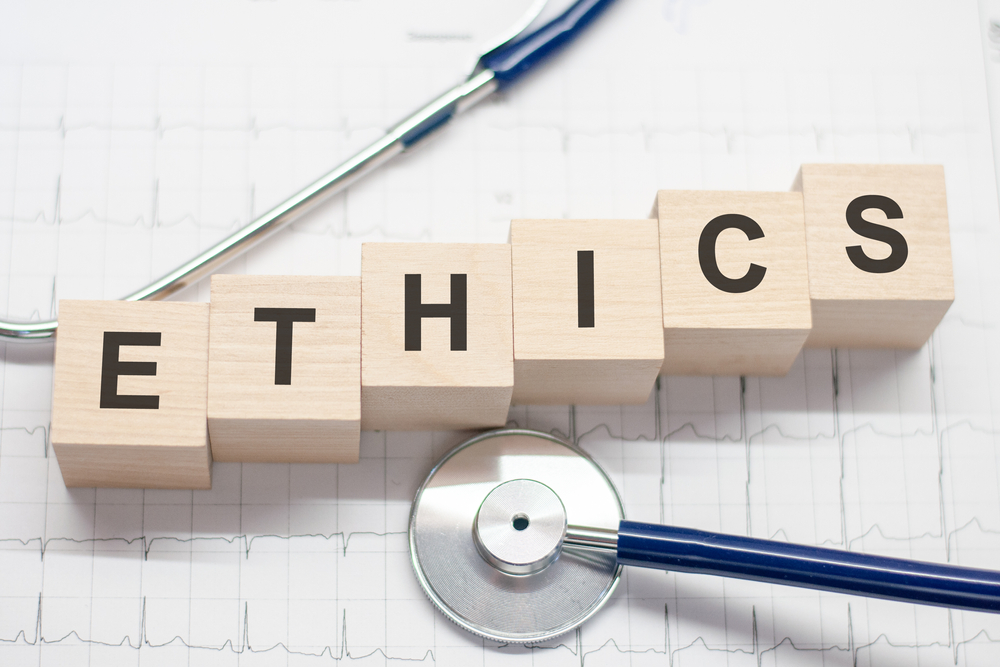This post comes from our partners at Grand Valley State University and the Kent County Health Department (MI).
By Jeffrey Byrnes, Ph.D.
There is a growing understanding of the need for ethics committees, or at least an established process for ethical reflection, in local health departments. This understanding comes from the recognition that, in the world of local public health, even well-intended, cost-effective, and legally sound initiatives can yield unintended consequences such as overly restrictive measures or the inequitable distribution of resources. Thus, local health departments require additional guidance to that which is provided by budgetary committees and lawyers. Ethics committees and an established ethical reflection process can provide just this kind of guidance.
There are four common misconceptions that lead people to wrongly assume that recommendations grounded in ethical principles are not reliable or that ethics committees would not be helpful to their local public health departments. Below we share those misconceptions as they have been articulated to us in the course of our work in public health ethics. Then, following each quote, we attempt to dispel these common misconceptions in the hope of encouraging any interested local health departments to explore some of the available resources to support building an ethics committee.
- “An ethics committee would never work because everyone has their own individual ethical commitments.” While it is true that people are different and value different things, the notion that people are entirely different in their ethical commitments is often exaggerated. The ability to share some core commitments is what makes it possible for individuals to live together in a society. Those shared commitments are key to having a functioning democracy, and they are essential to organizing the institutions that support democracies such as local health departments. Of course, people do disagree — at times deeply — about important issues, but this exactly is where an ethics committee can help. A well-trained ethics committee can articulate a disagreement and then reach back to the deeper shared commitments that guide a local health department to arrive at a recommendation for how to go forward. For instance, two public health workers may disagree about which project should take priority, but if the ethics committee can establish that both workers are committed to promoting health equity in their community, then they can build from that shared commitment to recommend which of the two projects better promotes health equity. At its best, parties should be able to see the appropriateness and justice of the ethics committee’s recommendation because of its foundation upon shared commitments. Far from making an ethics committee impossible, people’s differences are exactly why an ethics committee is important.
- “We don’t need an ethics committee; we already have a lawyer to consult.” While law and ethics do intersect in significant ways, the two domains are importantly different. The simplest way to see this is to observe the places where the two diverge. For instance, jaywalking might be illegal, but many people would not see it as morally wrong. On the other hand, telling lies to your friends and family is, in most circumstances, perfectly legal, but it is widely considered unethical. The point here is simply that law and ethics are two distinct things. This becomes crystal clear when we remember that throughout the history of the US and many other countries there have been laws which are themselves unethical. In these situations, the civil disobedience tradition has tried to call citizens to a more socially just society than the one enshrined in law. This shows that the ethical demands upon human beings far exceed the legal demands. Thus, a local health department may operate entirely within its legal constraints, but still fail at some of its ethical reasonability. So, while every local health department needs legal advice, lawyers are no substitute for ethical advice. Ethics committees are the perfect tool to provide such ethical advice.
- “Ethics views are just grounded in people’s religious beliefs.” While some people do see connections between their religious views and some of their ethical views, religious commitments are not required to hold ethical commitments. Societies have long recognized civic duties and civic virtues that are grounded, not in an appeal to a divine power, but in the duties that arise from the fact that we live together in a social world. When an ethics committee works to establish shared ethical commitments (as expressed in (1) above) it can help bridge a gap between people with a religious ethic and those with a civic ethic in order to find common ground.
- “Ethics recommendations are grounded in nothing more than people’s emotional ‘hot takes’ on pet issues.” This is simply not the case. Ethics is a central branch of the discipline of philosophy. It has been an established field of study in universities for hundreds of years. It is centered on a body of ethics literature, has a set of key figures essential to the discussion, and some proven methodological approaches for resolving dilemmas. Therefore, ethical reflection is a practice that people can learn about and get better at. Like any living field of study, ethics grows and changes as we come to understand it better, but these features give it a backbone of rigor that is much stronger than a person’s emotions.
These misconceptions probably do reveal a gap in public health education around the subject of ethics that educational institutions would be wise to consider. But for those already working in the field there are some resources that can offer some initial training in ethical reflection and establishing an ethics committee. NACCHO’s ethics resources and training is a good place to start. Anyone interested in learning more should feel free to reach out to us at ([email protected]) to hear more about our efforts to build resources on how to create an ethics committee in a public health department.
Interested in learning more? Check out these resources:
- Our Public Health Ethics Committees podcast episode
- Ethics in Public Health (On Demand-CE)
- Ethics in Public Health (On Demand-No CE)

